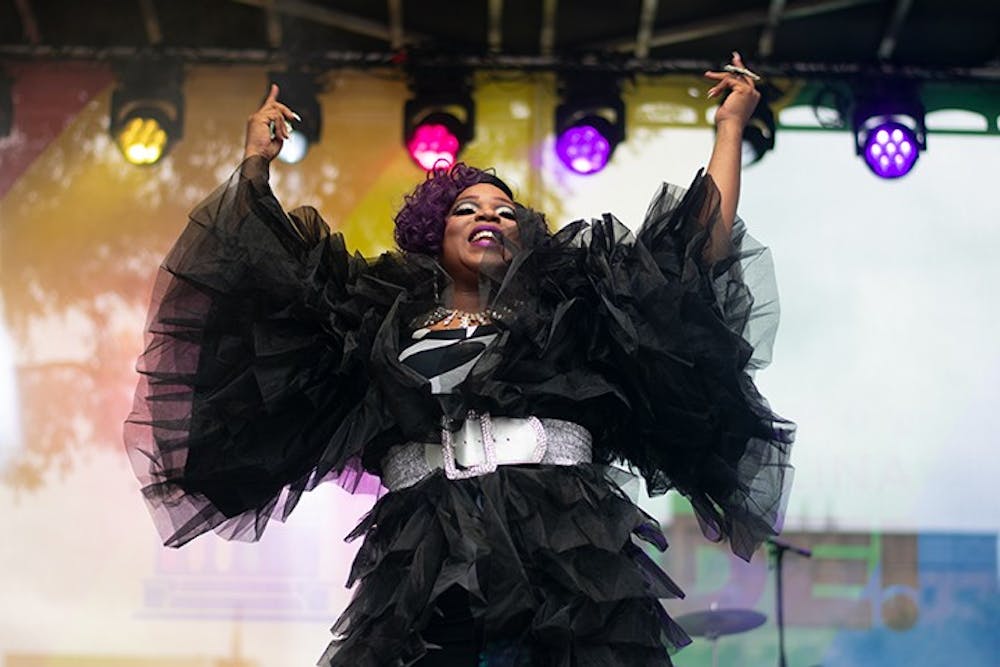As members of the queer community and allies look to celebrate Pride this month, the whirlwind of 2020 has turned this period of joy into something far more contemplative. This Pride, focus on intersectionality.
The cancellations of many Pride events change the way in which we can recognize the struggles of the LGBTQ+ community. Continuous police brutality and hate crimes against BIPOC (Black, Indigenous and People of Color) remind us that to be concerned only with the prejudices that affect our communities is a privilege within itself. Only acknowledging a singular facet of discrimination fails to consider those who fall into multiple categories of marginalization.
Intersectionality is not simply a matter of empathy, but one of equity.
When fighting against any injustices placed against us, we must seek to fight for those who bear the burden of other discriminations in addition to any shared characteristics. A white woman’s struggles are different from those of a Black woman; a queer white woman’s experience is different from that of a straight white woman.
Without recognizing varying levels of oppression within the queer community, one cannot claim to truly embrace feminism, pride or racial equality. Championing one of these groups means that you must support all of them; excluding any means that you are gatekeeping and discriminating within an already marginalized community.
Celebrating Pride does not exclude one from prejudice. Being a member of the queer community does not exclude one from prejudice. This Pride, we must recognize and reconcile with the ugly history of bi and transphobia within the queer community.
Embracing pride means actively working to change implicit biases. If you automatically make assumptions about someone’s sexuality based on their relationship status or gender presentation, you are forcing them into a false binary that they may or may not adhere to. For many people, gender and sexuality are complicated — everyone should be given the space to express and explore their own identity without other people forcing them into prescribed bubbles of sexuality (especially within the LGBTQ+ community).
In the same vein, experiencing a certain set of injustices does not render you impervious to the systemic racism that this country was founded upon. We cannot let a preoccupation with our own struggles blind us to the disparities that others are facing. We must stand behind the Black community as we celebrate pride. Pride and the Black Lives Matter Movement are inextricably linked; one cannot support one movement without the other.
The efforts of BIPOC trans women at the Stonewall Riots catalyzed LGBTQ+ activism. Marsha P. Johnson, a Black trans woman, was very likely one of the first to resist the police. Many who participated in the riots had learned from the earlier civil rights movement. Without women of color and the fight for black civil rights, LGBTQ+ rights as we know them today would likely be far different.
Additionally, a founding member of the Black Lives Matter movement is a Black transmasculine person. To ignore the continuous overlap in these communities would be to dismiss the struggles of queer black people.
There’s no doubt that Pride this year will look different, but remember that celebration can take many forms. This year, focus on uplifting voices of the BIPOC community. There would be no Pride without them.

